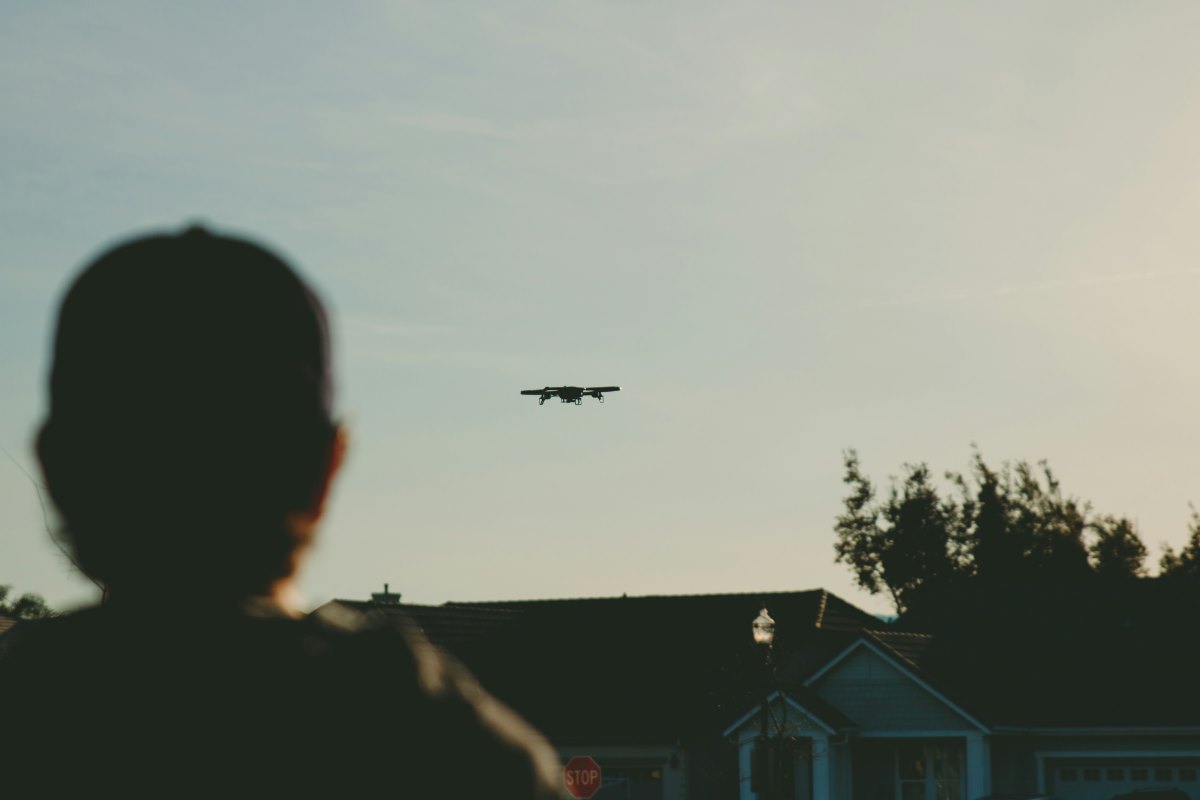
As US-China relations deteriorate with both nations engaging in a complex geopolitical rivalry, fears over espionage and technology misuse are also becoming rampant. Chinese drone maker DJI is already facing a potential ban in the US amid national security concerns. And later this month, a Chinese student at the University of Minnesota is scheduled to appear in court for allegedly using a drone to capture sensitive photos of US military installations.
The Department of Justice has charged 26-year-old Fengyun Shi with six misdemeanors under the Espionage Act, with each criminal offense punishable by up to one year in prison. The charges have been filed under two statutes: one banning the photography of critical defense installation and the other prohibiting the use of an aircraft to do so. But as a WIRED report points out, this law originates from the World War II era and its statutes have rarely been used in any prosecutions before.
Here’s what we know so far…
On January 6, 2024, Shi, a Chinese student on a student visa, was operating a drone near Huntington Ingalls Industries (HII) in Newport News, Virginia. HII is a key defense contractor, manufacturing aircraft carriers and submarines for the US Navy.
Due to bad weather, Shi’s drone flew away and got stuck in a tree on a residential property. Local police were alerted, and the drone was later retrieved and handed over to the Naval Criminal Investigative Service (NCIS). Soon after, the FBI took over the case.
Upon reviewing the drone’s SD card, investigators found photos and videos of US naval vessels, including those under construction or maintenance at HII and BAE Systems in Norfolk, Virginia. These sites are protected under the Espionage Act, which prohibits photographing or sketching vital military and naval installations without permission.
Shi, who was visiting the area during his school break, claimed he was simply operating the drone for recreational purposes when the incident occurred. However, the FBI emphasized that Shi did not have the necessary permissions to fly in restricted airspace and that his actions violated federal regulations governing the use of drones. The FBI also claimed that Shi “appeared very nervous” when questioned by the police and “did not have any real reasons for why he was flying the drone during inclement weather.”
Nonetheless, the nature of the case raises concerns because Shi has neither been charged under any laws related to collecting intelligence for a foreign government nor is he accused of acting as a spy. At the moment, his only crime appears to be taking photos with a drone. And as Emily Berman, a law professor at the University of Houston who specializes in national security, tells WIRED:
The Justice Department has guidelines that say [nationality] is not supposed to play a role in a criminal investigation, but there are exceptions to that rule for national security and border-related investigations. It certainly seems likely that the fact Shi is a Chinese national raises red flags for investigators that wouldn’t necessarily go up in the same way if he was an American citizen, rightly or wrongly.
Shi’s case, filed in federal court in Virginia’s Eastern District, goes on trial on June 20. Both parties have expressed their wish to end the case in a plea agreement.
Read more: Best DJI drones for live video streaming
FTC: We use income earning auto affiliate links. More.





Comments